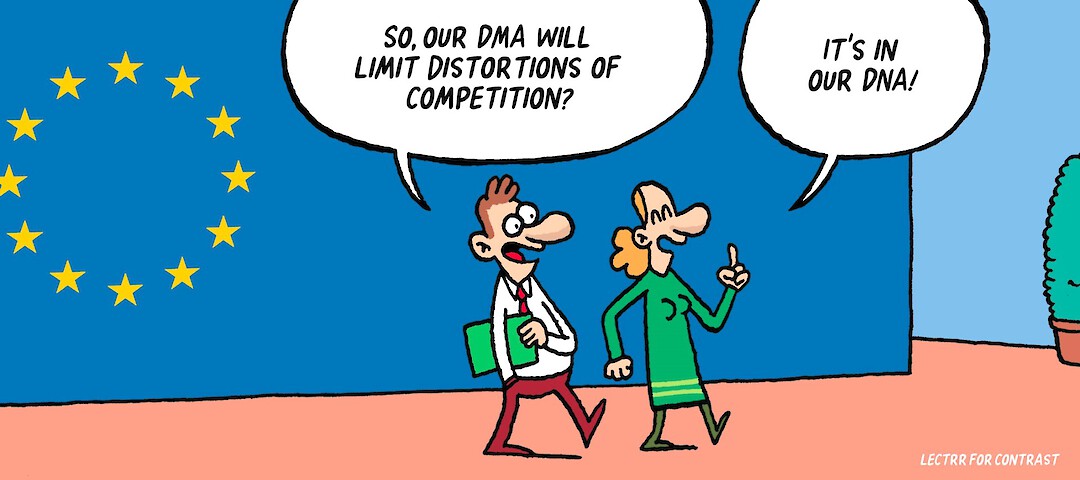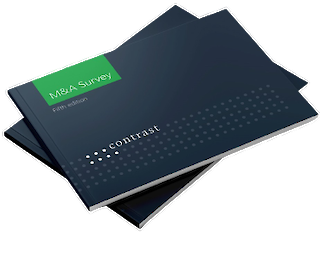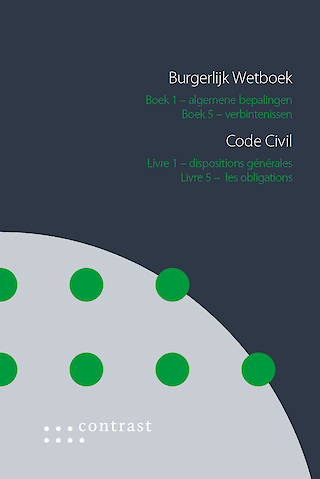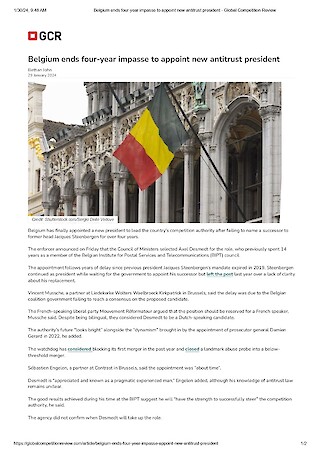In the Picture

The Digital Markets Act: Commission tackles Big Tech
March 2023Imagine...
Your undertaking develops and sells smartphone games. Most sales of your games are made through two or three app stores, which charge you a commission. They do so not only on the app sales themselves, but also on the purchases that users make within your games.
You find the commission often excessive, but no app store is willing to lower the commission. When you offer gamers the ability to make purchases within your games directly through your own website, one of the app stores threatens to stop making the games available on its platform if you don't stop doing so.
You find this to be pure intimidation and turn to your in-house counsel. She tells you that you could sue the app store for abuse of dominance or abuse of a position of economic dependency, but that these procedures are anything but straightforward. She does add that legislation will come into force later this year that could help you...
A brief clarification.
The regulation on contestable and fair markets in the digital sector, also known as the Digital Markets Act ('DMA' ), entered into force on 1 November 2022 and will become applicable on 2 May 2023.
The DMA aims to prevent unfair practices by (very) large online platforms – or so-called gatekeepers. According to the European Commission, these gatekeepers dominate digital markets in the EU, have been guilty of a number of unfair practices towards business users who rely on them to reach end-users, and they have eliminated potential challengers by systematically buying them up.
Traditional competition rules on abuse of dominance have not been able to address this effectively. They lead to lengthy proceedings and moreover only apply if the abuse has already taken place and the damage has been inflicted. The rules on merger control have also proved ineffective because they do not apply to acquisitions of challengers that often have huge potential, but low turnover at the time of the acquisition, which then does not have to be notified and approved by the authorities.
The DMA wants to change this by introducing ex ante regulation for gatekeepers.
Under the DMA, the Commission can designate an undertaking as a gatekeeper if 3 cumulative conditions are met:
- The undertaking has a significant impact on the internal market, which is presumed, for example, if the undertaking has an annual turnover in the EU of €7.5 billion or more in the last 3 financial years.
- The undertaking is a major gateway to reach consumers, which is presumed if the undertaking offers a core platform service with more than 45 million monthly active end users in the EU and more than 10,000 annual active business users in the EU in the last financial year.
- The undertaking enjoys an entrenched and durable position, which is presumed if the first 2 criteria were satisfied in each of the last 3 financial years.
Undertakings should proactively inform the Commission when they reach the thresholds. The Commission will also regularly review the status of gatekeepers.
The DMA contains an exhaustive list of core platform services, such as online search engines, online social networking services and app stores. If an undertaking is designated as a gatekeeper it must comply with a series of obligations in relation to the core platform services listed in the designation decision.
The list of obligations is long and covers data collection, interoperability and behaviour towards undertakings and consumers. For example, a gatekeeper may not rank its own services more favourably than those of its competitors and must allow undertakings to offer the same goods or services to consumers through a third party or through their own direct online sales channel. Thus, the app store from our example, as a gatekeeper, could not require game developers to allow gamers to make purchases only through the app store.
Gatekeepers will have to inform the European Commission of any merger or acquisition involving an undertaking that also provides core platform services . This is an information obligation, not a notification with a standstill obligation.
The European Commission is responsible for enforcing the DMA and has broad powers in doing so, including market investigations and conducting inspections. The Commission can tell gatekeepers what measures they must take to comply with their obligations and can impose large fines if they fail to comply with those obligations. These fines can be up to 10% of the gatekeeper's annual global turnover for a first offence and up to 20% of the gatekeeper's annual global turnover for repeat offences.
As mentioned, the DMA will become applicable on 2 May 2023. The first designation decisions will be issued by September 2023. Gatekeepers will have to comply with the obligations for core platform services in the designation decision by March 2024.
Concretely.
- From March 2024, large online platforms designated as gatekeepers must comply with a set of obligations regarding the core platform services they offer.
- These obligations aim to make digital markets fairer and more contestable by prohibiting unfair practices by these gatekeepers against end-users and business users ex ante.
- The Commission is charged with enforcing the DMA and has the power to impose large fines on gatekeepers who have breached their obligations under the DMA .
Want to know more?
Please consult our website or contact one of our team members if you have questions or require more information:












